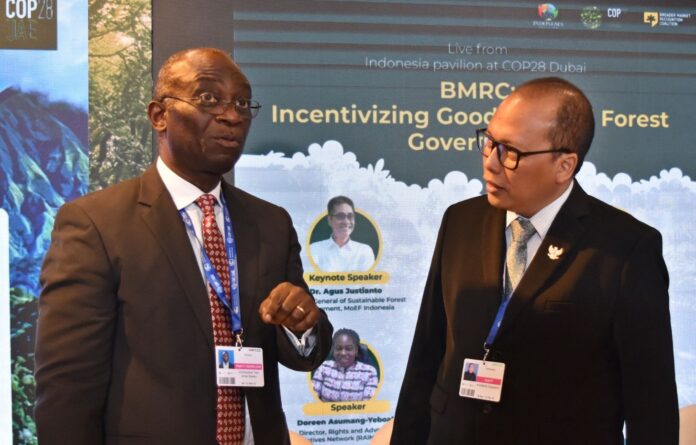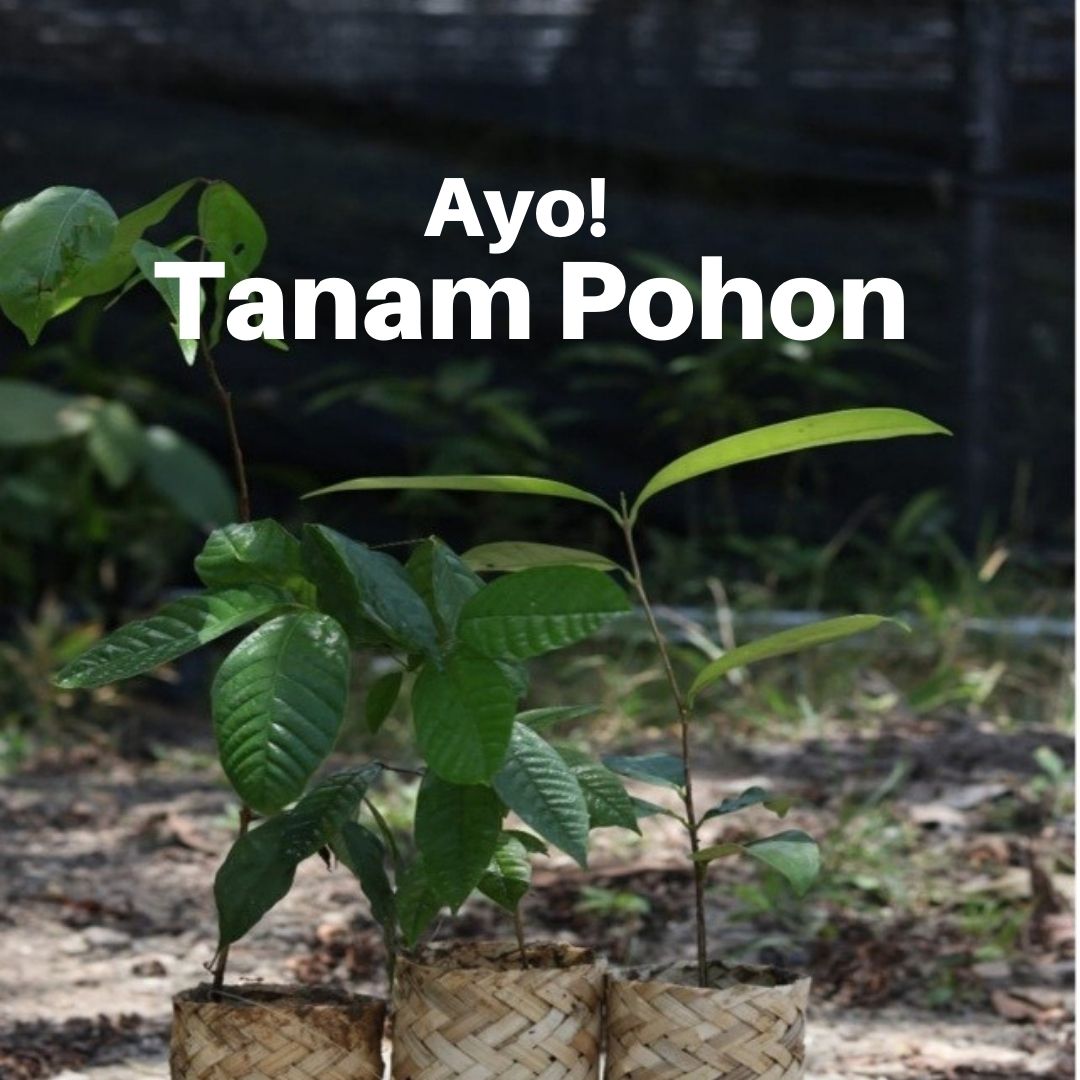Producer countries that are members of the Broader Market Recognition Coalition (BMRC) are calling on the global market to recognize national sustainable forest management systems as an effort to promote sustainable timber trade.
“Producer countries have been developing robust national systems on timber legality assurance systems and calls for wider recognition by markets,” said Agus Justianto, Director General of Sustainable Forest Management at the Ministry of Environment and Forestry when opening the discussion on ‘Broader Market Recognition Coalition: Incentivizing Good Tropical Forest Governance’ at the Indonesia Pavilion at the UNFCCC COP28 Climate Change Conference, Dubai, United Arab Emirates, Friday, 8 December 2023.
BMRC is a platform to endorse, monitor, and promote implementation of national sustainable forestry systems, and to label and promote trade of forest products that originate from BMRC-endorsed national systems.
_________
BMRC also promotes harmonized standards for legal and sustainable forest products in trade regulations and public and private sector procurement that provide recognition to BMRC labeled products internationally.
“BMRC is a platform to promote trade in sustainable timber and forest products,” said Agus.
Krisdianto Sugiyanto, Director of Forest Product Processing and Marketing, MoEF, who is also Chair of the BMRC Secretariat, explained that the BMRC initiative began to resonate during the dialogue held at the UNFCCC COP26 in Glasgow, England.
“BMRC was formally formed in 2022 where six producing countries, Indonesia, Ghana, Liberia, Guyana, Cameroon and the Republic of Congo agreed to collaborate,” explained Krisdianto.
At the BMRC meeting in Bali, March 2023, BMRC member countries became more solid and agreed to develop a road map for action plans to expand market recognition of each country’s national sustainable forest management system.
Krisdianto explained that each producing country has developed a national sustainable forest management system that is accountable and transparent.
Indonesia, for example, already has a Legality and Sustainability Verification System (SVLK). SVLK has had an impact on reducing Indonesia’s deforestation rate by 75% to only around 100 thousand hectares per year, the lowest in history since the 1990s.
Krisdianto said that this achievement should receive broader recognition from the global market. “Indonesia and producing countries that have developed sustainable forest management systems that are accountable and transparent deserve market incentives,” he said.
Chris Beeko, Director of Forestry Commission Ghana, explained that the forest management system built by Ghana has now received FLEGT-VPA recognition from the European Union, following what has been achieved by Indonesia.
“We built it through a long process involving multiple parties, there should be incentives for what has been done,” he said.
Also speaking in the discussion were Doreen Asumang Yeboah, Director of Rights and Advocacy Initiatives Network (RAIN) Ghana, and Dian Novarina, Vice Chairwoman of the Indonesian Forest Concessionaires Association (APHI) ***



